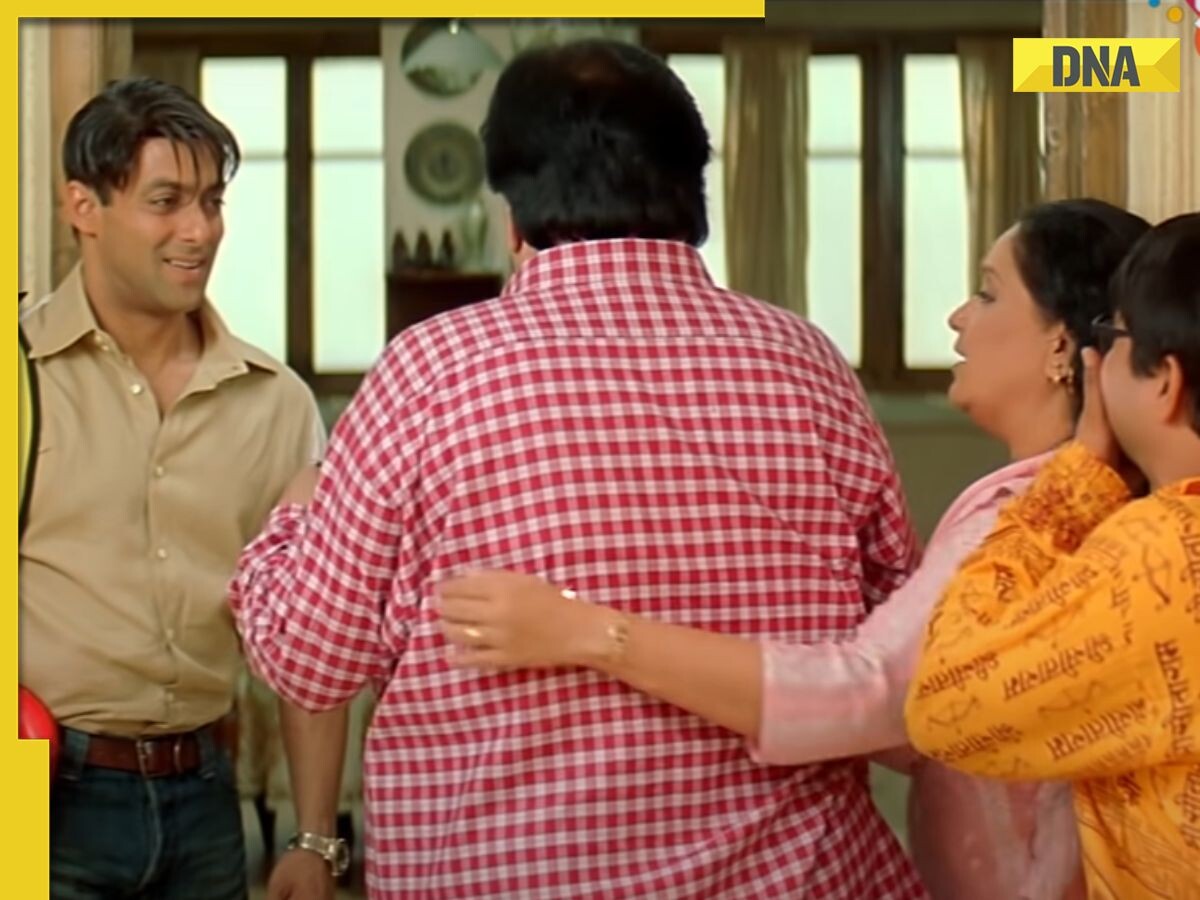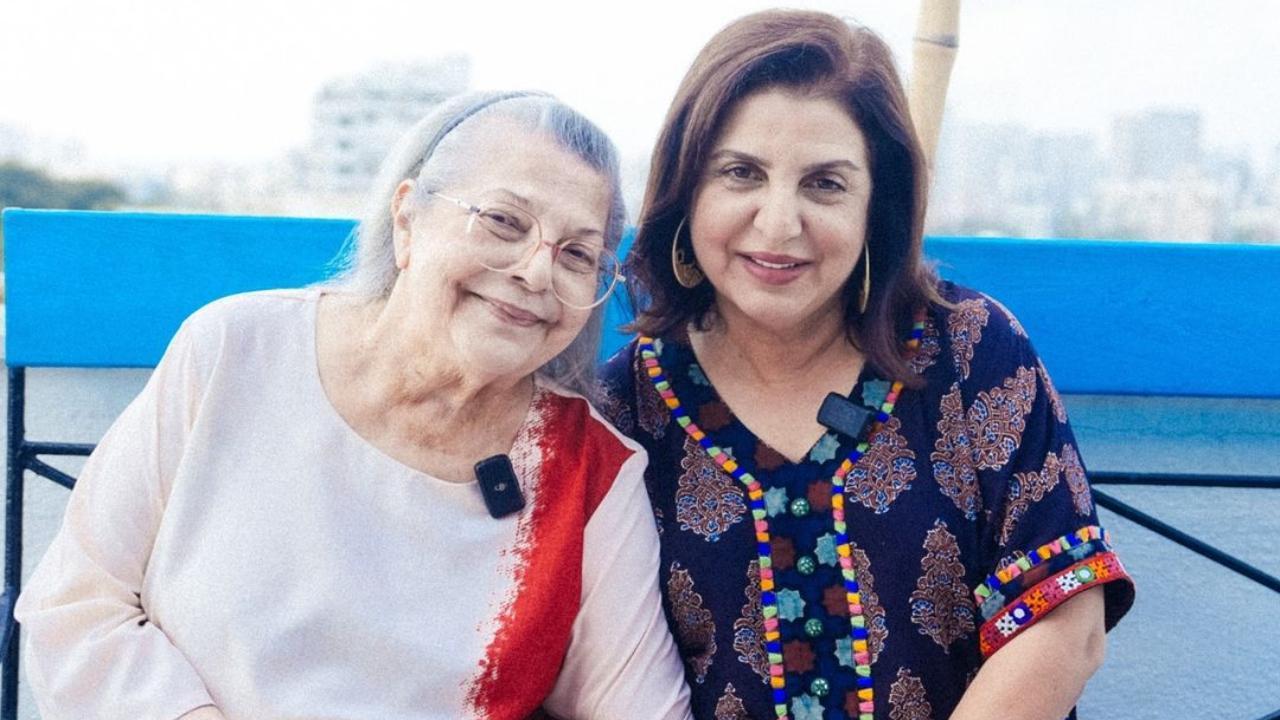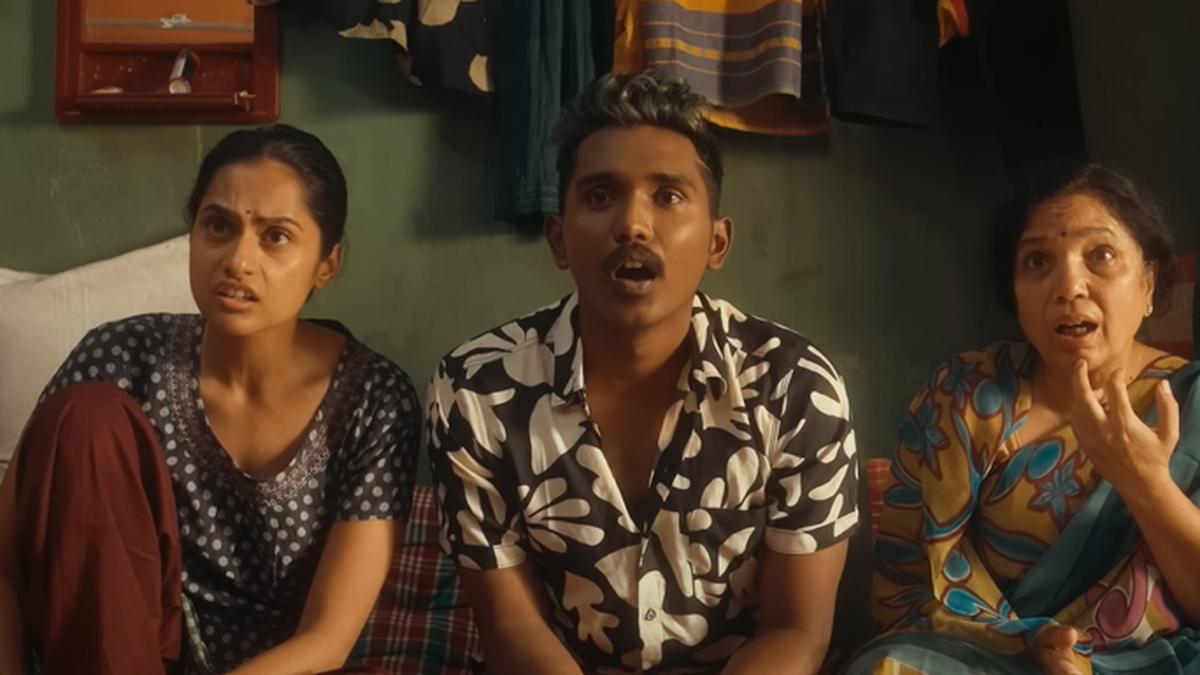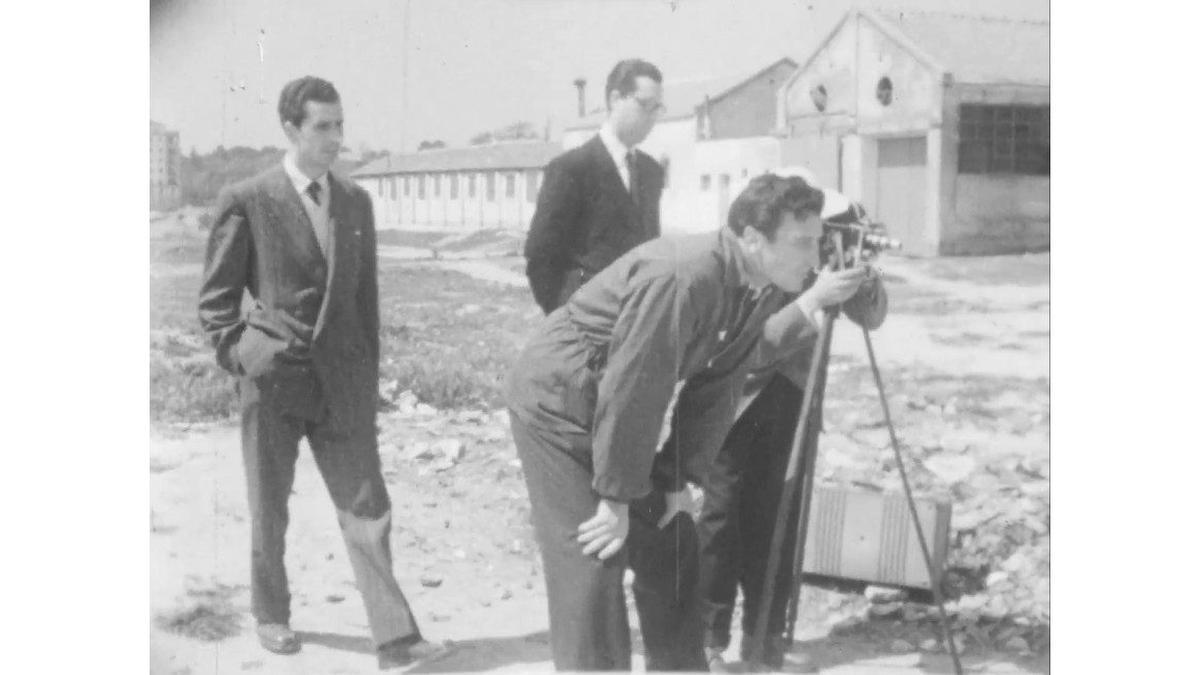
Bollywood has witnessed numerous talents grace its industry, but few have left an indelible mark quite like Kader Khan. Renowned for his outstanding wit and dynamic presence on screen, Khan carved a unique niche as both, an exceptional writer and distinguished actor. His ability to inhabit diverse roles—from villains to comic characters—endeared him to millions. Six years after his demise, Kader Khan’s legacy continues to resonate with audiences as his timeless work makes it seem as though he never left.
Kader Khan’s origins trace back to Kabul, Afghanistan, where he was born on October 22, 1937. With three brothers by his side—Shams ur Rehman, Fazal Rehman, and Habib ur Rehman—Khan’s early life transitioned from Kabul to the Kamathipura neighbourhood of Mumbai, where his family moved. In this enclave, surrounded by hardship and the red lights of the city, young Kader lived in a slum. While other children his age scurried about doing odd jobs for a meager income, it was his mother who steered him towards education, insisting it was the only means to break free from the shackles of poverty.
Heeding his mother’s advice, Kader immersed himself in academics, attending a local municipal school and subsequently Ismail Yusuf College, emerging as a civil engineer. From 1970 to 1975, he shared his knowledge as a professor at M. H. Saboo Siddik College of Engineering. Simultaneously, his proclivity for the dramatic arts shone through in the play ‘Taash Ke Patey,’ which captured the attention of legendary actor Dilip Kumar. Kumar’s recognition propelled Kader to co-write the script for ‘Jawani Diwani’, a task that earned him 1500 rupees.
Kader Khan’s trajectory as a screenwriter and dialogue writer was studded with successes. His initial break came from the superstar Rajesh Khanna, in the film ‘Roti’. Thereafter, Khan penned dialogues for numerous Khanna films like ‘Maha Chor’, ‘Chhailla Babu’, and ‘Dharam Kanta’. His repertoire rapidly expanded, scripting and crafting screenplays for blockbusters including ‘Himmatwala’, ‘Justice Chaudhury’, and ‘Agneepath’. Khan was a versatile force, straddling the creative camps of two legendary directors—Manmohan Desai and Prakash Mehra—and shaping the cinematic voice of Amitabh Bachchan in an array of films.
Kader Khan’s acting prowess was as varied as his writing skills. Beginning his on-screen journey with antagonist roles, he later transitioned to a slew of character roles in more than 300 films. His decision to move away from villainous personas was influenced by his family and students, who advocated for a change. Post-1989, Khan reinvented himself as a comedic force, delighting audiences in films like ‘Coolie No. 1’, ‘Dulhe Raja’, and ‘Bade Miyan Chote Miyan’.
Despite collaborating extensively with Amitabh Bachchan, Kader Khan revealed a rift that grew from his refusal to address Bachchan with the deferential ‘sirji’. This strained their working relationship, culminating in Khan’s departure from ‘Gangaa Jamunaa Saraswati’ and non-participation in ‘Khuda Gawah’.
The twilight of Kader Khan’s life was mired in neglect from the industry that once celebrated him. In 2014, he moved to Toronto for health reasons and subsequently battled with supranuclear palsy, a degenerative disease. His son, Sarfaraz Khan, lamented his father’s abandonment by his peers, highlighting that even frequent collaborator Govinda did not reach out during Kader’s ailing years. Kader Khan’s final curtain fell on December 31, 2018, but the silence from Bollywood remained deafening.
Kader Khan’s story is one of triumph and talent, resilience, and resolve. Despite his passing, he continues to be an irreplaceable figure in Indian cinema, living on in the laughter and heartstrings of an audience that still cherishes his every screen appearance.










